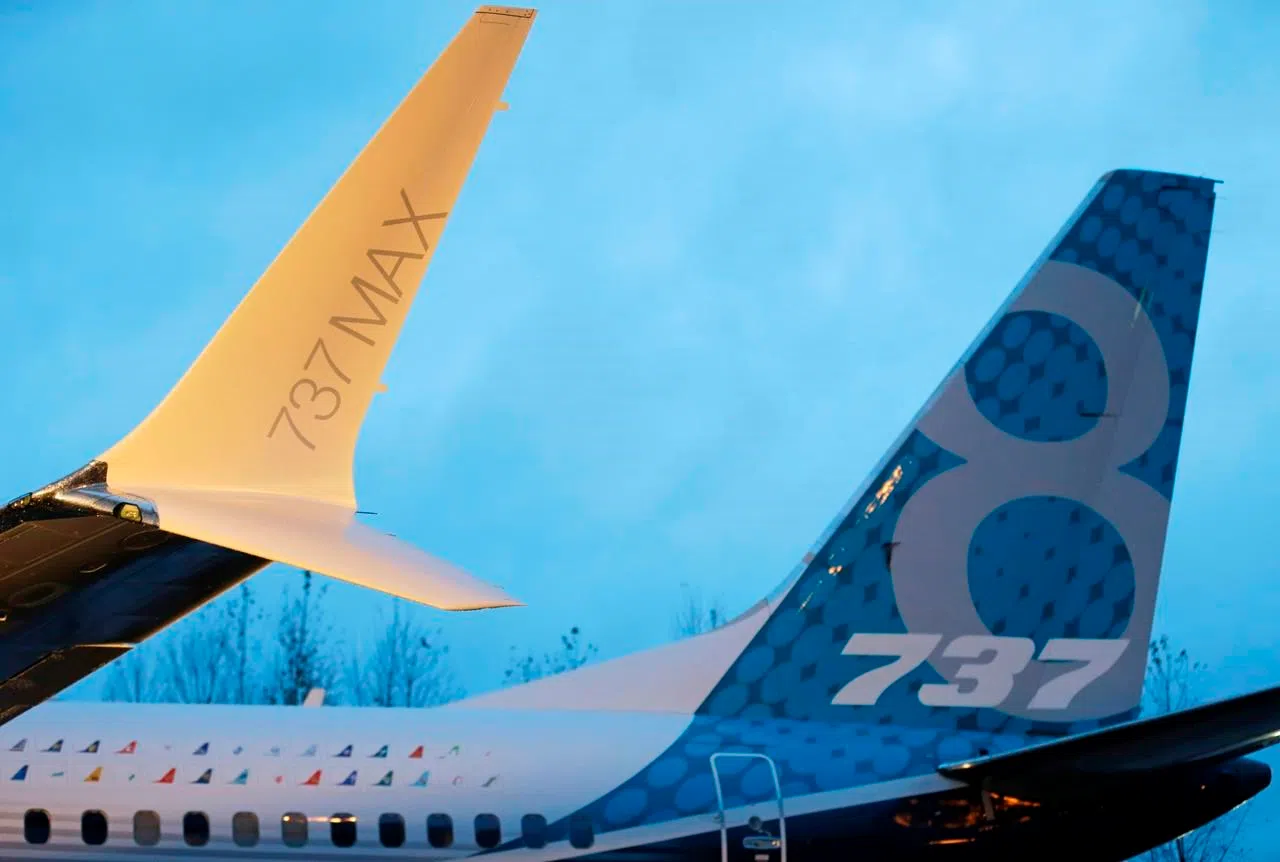
Sunwing temporarily grounds Boeing 737 Max 8 aircraft for ‘commercial reasons’
MONTREAL — Sunwing Airlines is temporarily grounding its four Boeing 737 Max 8 aircraft in the wake of the Ethiopian plane crash that killed all 157 people on board.
The Canadian low-cost airline says in a statement Tuesday night that it made the decision for “evolving commercial reasons” unrelated to safety, including airspace restrictions being imposed in other countries.
Federal Transport Minister Marc Garneau will provide an update on Canada’s Boeing 737 MAX 8 plan on Wednesday morning in Ottawa.
But he is facing an escalating dilemma over the aircraft, which a growing number of countries have grounded or banned after the crash that also claimed the lives of 18 Canadians.
